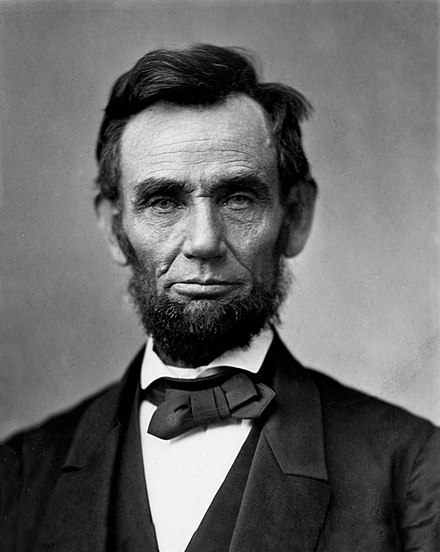Carlos Zambrano Quotes
I think I was out of the game mentally, ... I was fighting with the umpires, and I was mad at (Murton). ... I apologized to him. I have five years in the big leagues. I don't have to do that.

Quotes to Explore
-
Gandhi's ideas were rooted in a wide experience of a freshly globalized world.

-
My idols are Janis Joplin and Annie Lennox, who are neither of them from the typical pop culture.

-
I like bangers and really testosterone-fueled stuff.

-
Paranoia is an illness I contracted in institutions. It is not the reason for my sentences to reform school and prison. It is the effect, not the cause.

-
I've done comedy, and I've done drama. I've sort of been a journeyman in my career so far.

-
The fact is that surveys which media people openly admit to show that fewer than twelve percent of their customers believe they're doing a good job, while the average profit margin in television is in the neighborhood of eighty percent.

-
I don't think the label makes the artist or the artist makes the label. It's the music that makes everything work or not.

-
I was young and felt like it was opportunity 'cause they were moving units back then on the underground scene.

-
There's man all over for you, blaming on his boots the fault of his feet.

-
I've always written. At the age of six or seven, I would get sheets of A4 paper and fold them in half, cut the edges to make a little eight-page booklet, break it up into squares and put in little stick men with little speech bubbles, and I'd have a spy story, a space story and a football story.

-
As a professional track cyclist, I have always challenged myself, and I enjoy seeing how I cope when faced with the unknown.

-
With art and the work you do, it has to be constantly dictated by what you're feeling and where you want to go with it.

-
Patriarchy, routinely blamed for everything, produced the birth control pill, which did more to free contemporary women than feminism itself.

-
Funny thing about Americans. They are the first to adopt weird lifestyles and radical views but they are the most conservative race on earth.

-
How does it happen that the most intractable types always rise to the top?

-
Let her who is forty call herself forty; but if she can be young in spirit at forty, let her show that she is so.

-
Any real record person knows that the number one most powerful marketing tool when it comes to music is repetition.

-
Drugs are the enemies of ambition and hope - and when we fight against drugs we are fighting for the future.

-
Never interfere in a girl and boy fight.

-
We say that we care about the war, but we don't even really know what we're fighting for.

-
Whether the issue was black political power or nuclear power, Scott-Heron didn't mince words. His comeback record, "I'm New Here," doesn't mince words either, but instead of political battles, these songs suggest he's fighting personal ones.

-
I have an irrepressible desire to live till I can be assured that the world is a little better for my having lived in it.

-
I think I was out of the game mentally, ... I was fighting with the umpires, and I was mad at (Murton). ... I apologized to him. I have five years in the big leagues. I don't have to do that.























